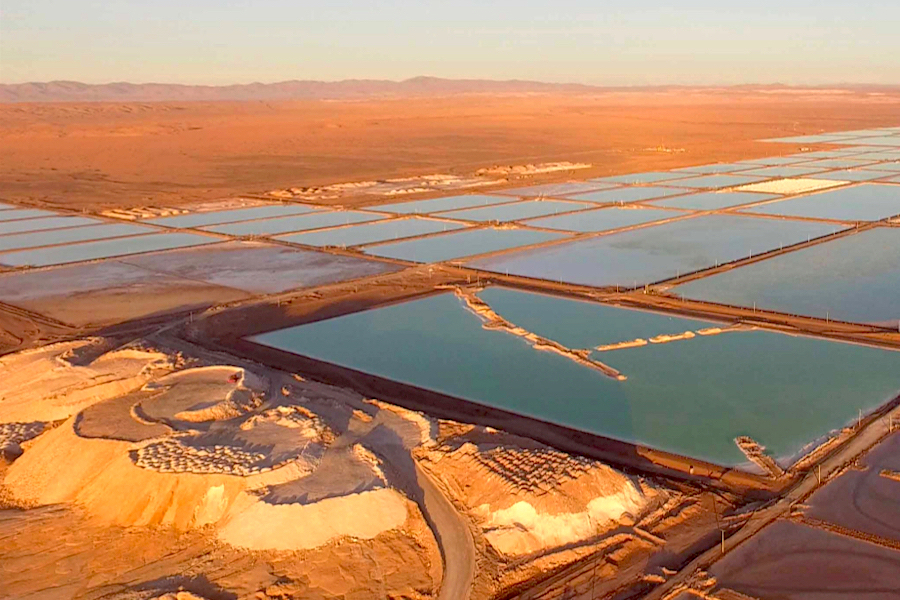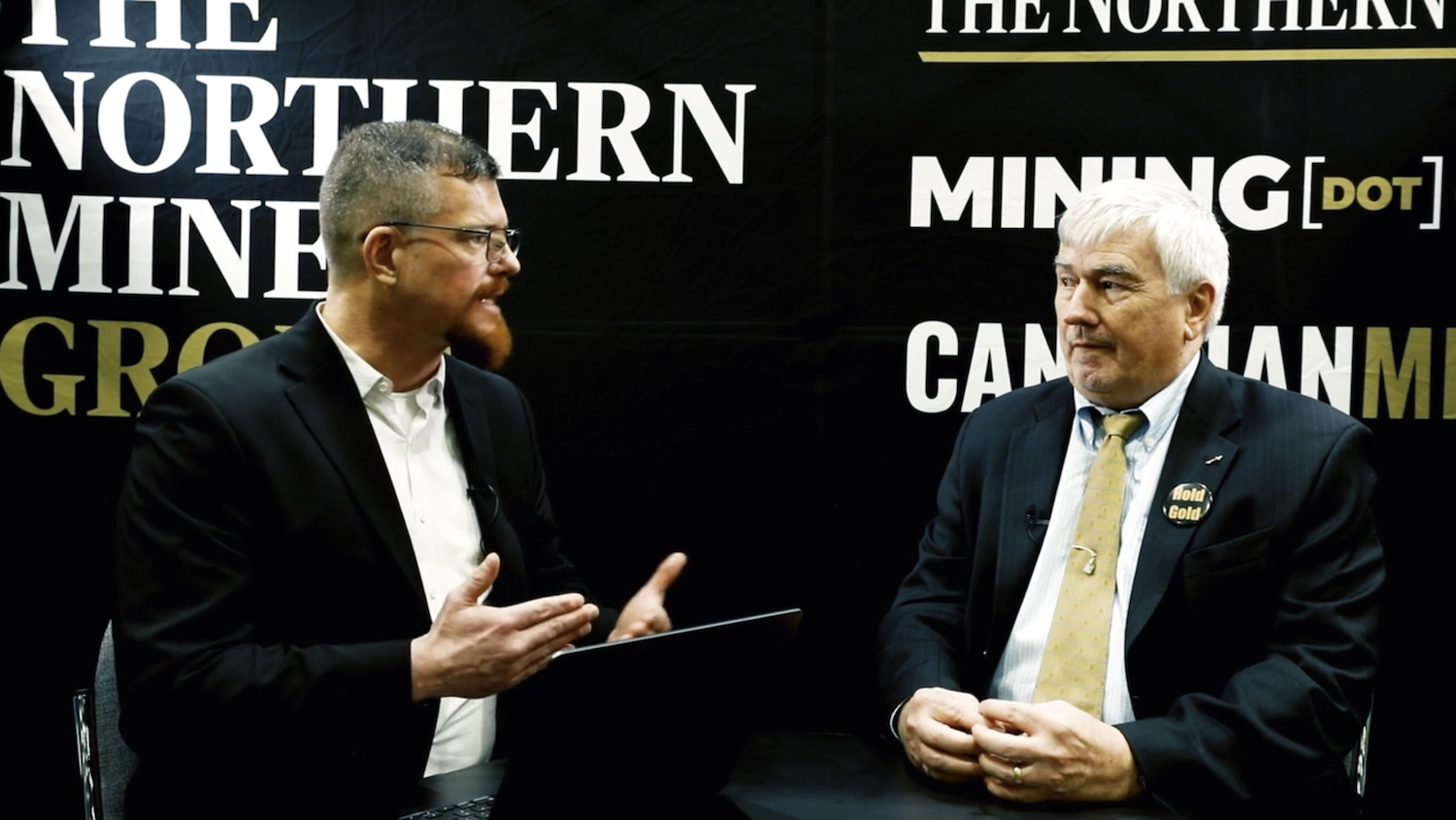Soaring lithium prices spur changes in supply contracts

Lithium consumers in the electric vehicle battery supply chain are seeking longer-term contracts with producers to secure supplies for as long as possible in a market where shortages have propelled prices to their highest in three years.
Prices for lithium carbonate in China, a key material used to make rechargeable batteries, at 197,500 yuan ($30,940) a tonne are up 276% since the start of this year due to booming demand alongside accelerating sales of electric vehicles.
Australia’s Pilbara Minerals recently auctioned its lithium sourced from hard rock, or spodumene, for $2,350 a tonne, an 88% rise from the $1,250 fetched in a July auction.
Higher prices have persuaded lithium consumers, mostly in China which dominates the electric vehicle supply chain, they need to tie up supply in contracts, which in some instances are as long as three years.
Fixed prices for the length of the contract are now rare compared with previous years.
Negotiations typically start in September and October and conclude in November and December.
Producers are seeking monthly or quarterly “price breaks,” where the price of the contract is negotiated more frequently due to volatility.
“Prices are up over 230% year to date, really around a lack of available material,” said Caspar Rawles, analyst at Benchmark Mineral Intelligence.
“As a result, people are willing to sign up for longer-term contracts going into 2022 with more frequent price breaks.”
Spodumene contracts for 2022 are kicking off at around $1,500 a tonne for the start of 2022, lithium market sources say, compared with $400 a tonne to $1500 a tonne so far this year.
More than half of the world’s lithium is used to make rechargeable batteries, also used in mobile phones and laptops, while the rest of it is used in industries that make glasses, ceramics and pharmaceuticals.
Higher prices have encouraged some miners to restart production or accelerate new projects, raising the prospect of prices falling victim to rising lithium supplies.
But a lengthy chemical qualification process, delays to mining projects and a lack of investment in new projects over the last few years means significant oversupply is unlikely, analysts say.
The world’s five largest producers including Albemarle and SQM together account for about 50% of global lithium sales.
($1 = 6.3833 Chinese yuan renminbi)
(By Zandi Shabalala, Pratima Desai and Tom Daly; Editing by Paul Simao)
{{ commodity.name }}
{{ post.title }}
{{ post.date }}




Comments